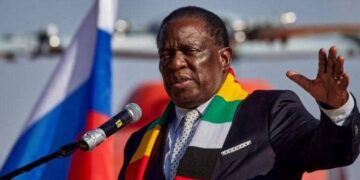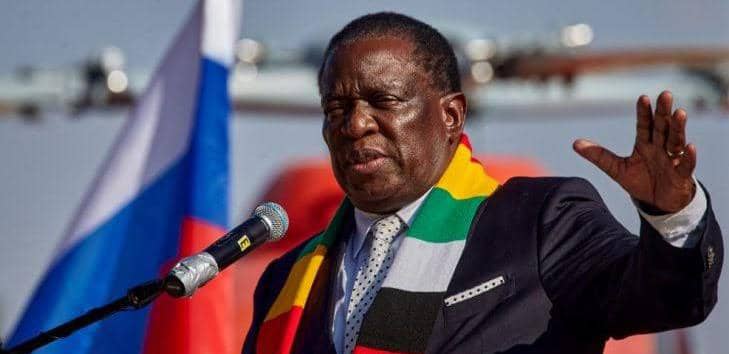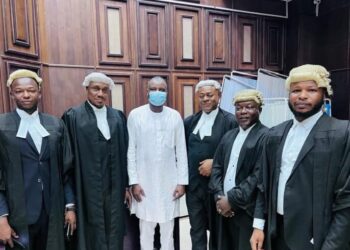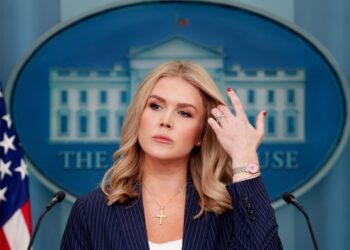By Enyichukwu Enemanna
Barely two months to Zimbabwe’s presidential election, the parliament on Thursday approved an increase in the cost of nomination for contestants from 1,000 to 20,000 US dollars, a decision the opposition says is discriminatory.
The parliament also approved an increase from $50 to $1,000 for candidates seeking to contest in the parliamentary and senatorial elections.
Presidential and parliamentary elections are scheduled for August 23 in the southern African country.
The main opposition, Citizens Coalition for Change (CCC) had alleged that the policy is targeted at limiting the participation of the poor in the elections.
The opposition further claims that the astronomical increase in the price of the nomination ticket to run in political offices favours the ruling ZANU-PF party, which they believe has more financial resources at its disposal.
“These candidacy fees, which discriminate against citizens according to their economic status and exclude the poor and those on the margins, violate the Constitution,” Fadzayi Mahere, CCC spokesman told AFP on Thursday.
The incumbent President Emmerson Mnangagwa, 80, is accused of muzzling all dissenting voices.
He succeeded Robert Mugabe in 2017, and was elected president the following year after a violent election.
He will face CCC leader Nelson Chamisa, a 45-year-old lawyer and pastor.
Zimbabwe earlier in the month had adopted a so-called “patriotic” law criminalizing any “attack on sovereignty and national interest”: a “terrible” and vague text, according to the opposition and NGOs, who accuse Mnangagwa of tightening the grip of authoritarianism.




































